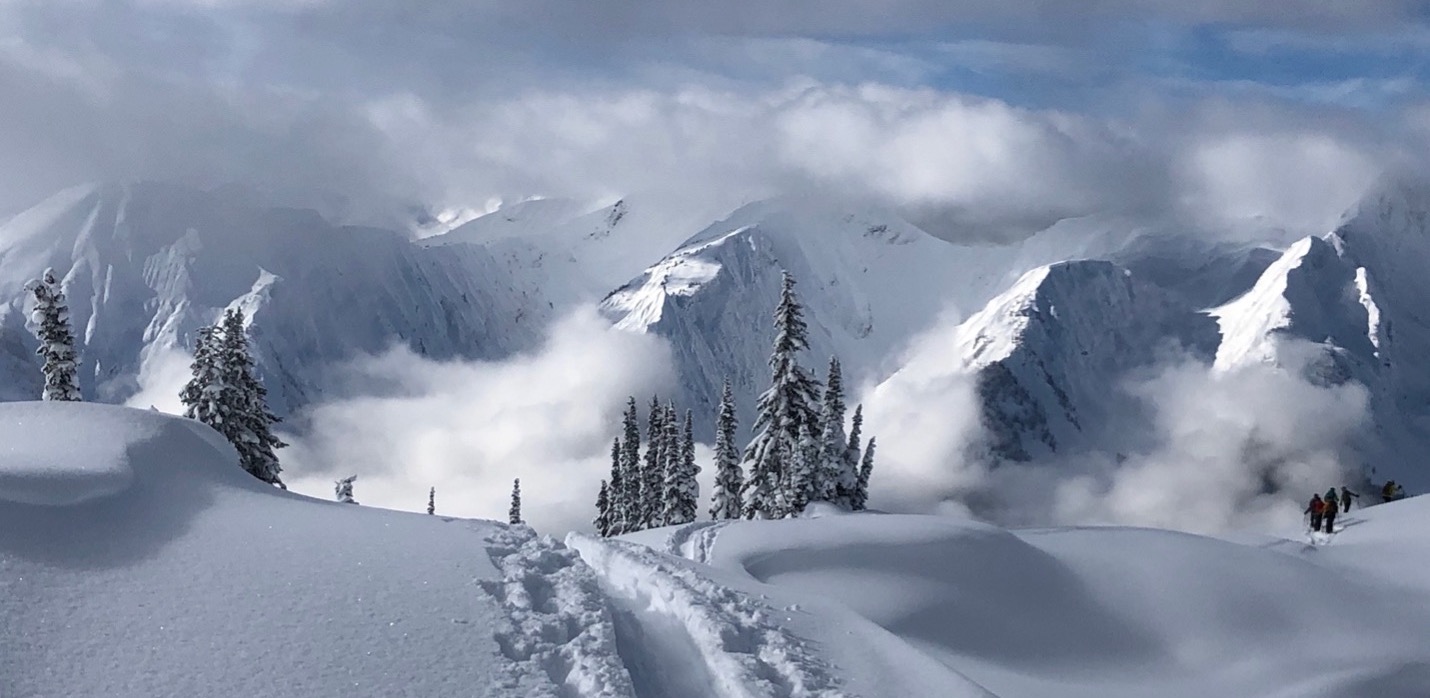
Photo credit: Dwight Butler
“The short course on effective natural resources collaboration has been an amazing opportunity for me as a professional. The practical skills and concepts presented are invaluable for work settings as well as in life situations—not to mention the tremendous value in developing a peer-to-peer networking group.”
Jeff Lachowski
Senior engineer at Rio Tinto
The Wallace Stegner Center’s Environmental Dispute Resolution (EDR) program is currently accepting applications for our 2021 short course on effective natural resources collaboration. The course will be held online via Zoom. The application is open through April 19, 2021; we anticipate selecting and notifying short course participants by April 30, 2021.
The short course teaches a diverse range of mid- to upper-level professionals from government agencies, NGOs, the industrial sector, tribal groups, and consulting firms the art, science, and skills of collaborative problem-solving. The course consists of seven sessions that are taught by EDR Program faculty and partners. As part of the course, each student completes a capstone project that allows them to put the skills they have learned into action by assessing readiness for and designing a collaborative process related to the student’s work.
Get notified when new articles are posted to the EDR blog. Sign up for our email list »
Short course participants will acquire:
- Awareness and skills to help them effectively harness the co-creative potential of conflict and participate in multi-party collaborative processes around ENR issues;
- Techniques that will help them identify opportunities for collaborative problem-solving around ENR issues, as well as skills for convening, facilitating, and sustaining collaborative efforts; and
- Experience assessing and designing an ENR collaboration effort relevant to the participant’s own work, with the mentorship and guidance of EDR program staff and peer-to-peer support.
Schedule
The course will consist of one 1-day introductory session, six two-day instruction sessions, and a 1-day graduation session. The final session will be scheduled in accordance with participants’ availability.
All sessions will be delivered virtually via Zoom.
| Session | Dates and times | Content |
| Session 1 | July 8, 2021 (9 a.m.-5 p.m.) | Introduction to collaboration; coaching and developmental partnering; and key concepts |
| Session 2 | July 29, 2021 (9 a.m.-5 p.m.) July 30, 2021 (9 a.m.-3 p.m.) |
Basic skills for collaborative problem-solving |
| Session 3 | Sept. 9, 2021 (9 a.m.-5 p.m.) Sept. 10, 2021 (9 a.m.-3 p.m.) |
Planning and designing a collaborative ENR process |
| Session 4 | Sept. 30, 2021 (9 a.m.-5 p.m.) Oct. 1, 2021 (9 a.m.-3 p.m.) |
Different contexts of and approaches to ENR collaboration |
| Session 5 | Nov. 4, 2021 (9 a.m.-5 p.m.) Nov. 5, 2021 (9 a.m.-3 p.m.) |
Capstone project development; communication and facilitation skills |
| Session 6 | Dec. 9, 2021 (9 a.m.-5 p.m.) Dec. 10, 2021 (9 a.m.-3 p.m.) |
Peer-to-peer coaching and developmental partnering; Capstone project check in |
| Session 7 | Winter 2022 date TBD (9 a.m.-5 p.m.) | Capstone project sharing and graduation |
Tuition
Tuition for the short course is $1,500. Limited tuition scholarships are available.
Requirements
Short course participants will be required to:
- Commit to attending all seven sessions; and
- Complete a capstone project during the short course and report on it during the last session.
After the course
Short course graduates will join prior participants as EDR fellows. The EDR fellows network, along with short course instructors, will provide an opportunity for continued coaching and support for graduates after they complete the course.
“One of the primary reasons I registered for this course was for the ‘meet-and-greet’ opportunity to get out of a silo in my professional life. I was leery about switching to Zoom, but I can attest that Danya and Nedra drive the course through this technological platform with skill, expertise, and humor. These are hands-down the most well-run, efficient, and engaging Zoom meetings that I have attended anywhere. Breakout rooms and opportunities to connect 1:1 or socially at a distance between courses has helped us connect and get to know both each other and our work. I am excited about the possibility for smaller nonprofits and others to now participate in this class (virtually), where travel and lodging costs would have been cost-prohibitive before the pandemic.”
M’Leah Woodard
Attorney and water rights and uses program manager
U.S. Forest Service
 Nedra Chandler is the associate director of the Environmental Dispute Resolution (EDR) program at the Wallace Stegner Center, S.J. Quinney College of Law, University of Utah.
Nedra Chandler is the associate director of the Environmental Dispute Resolution (EDR) program at the Wallace Stegner Center, S.J. Quinney College of Law, University of Utah.
